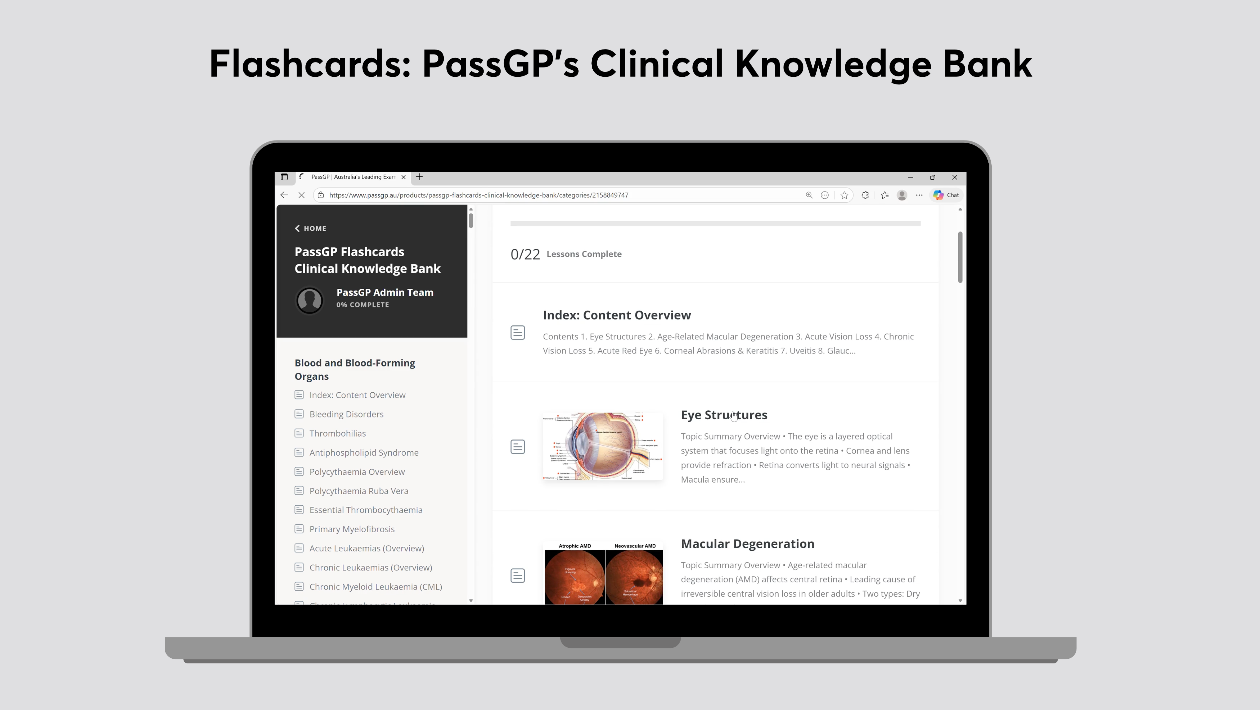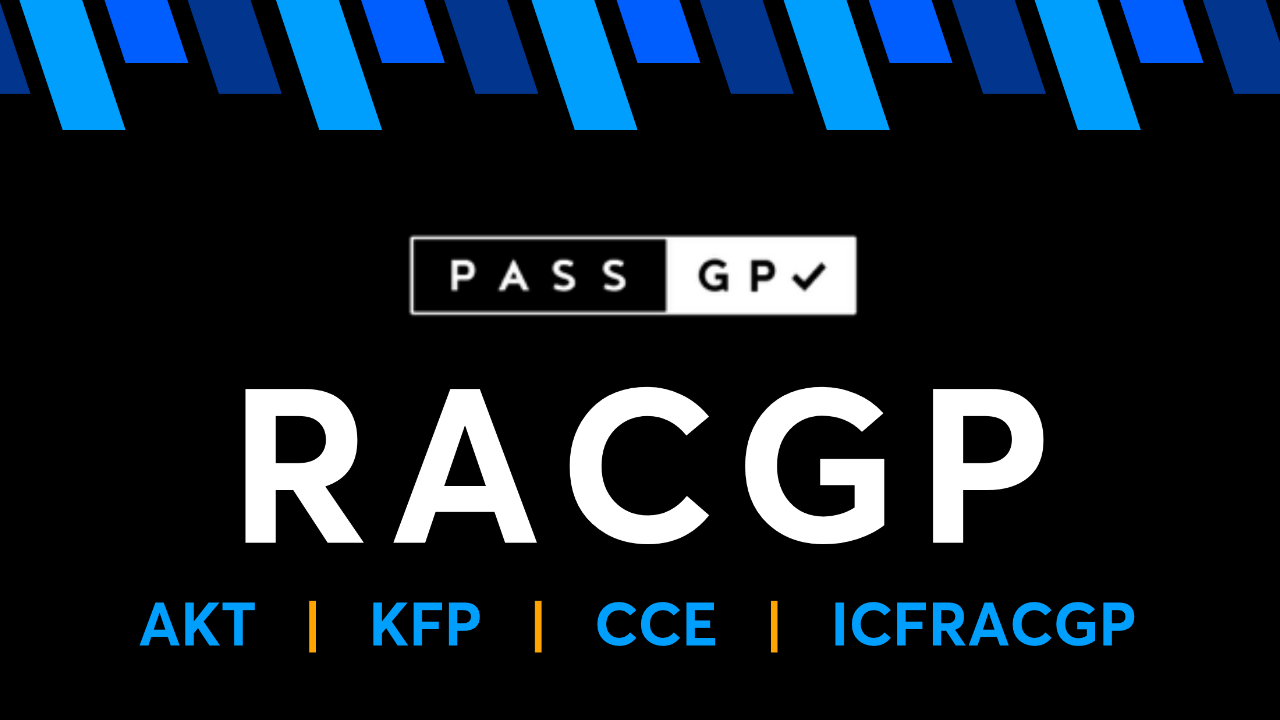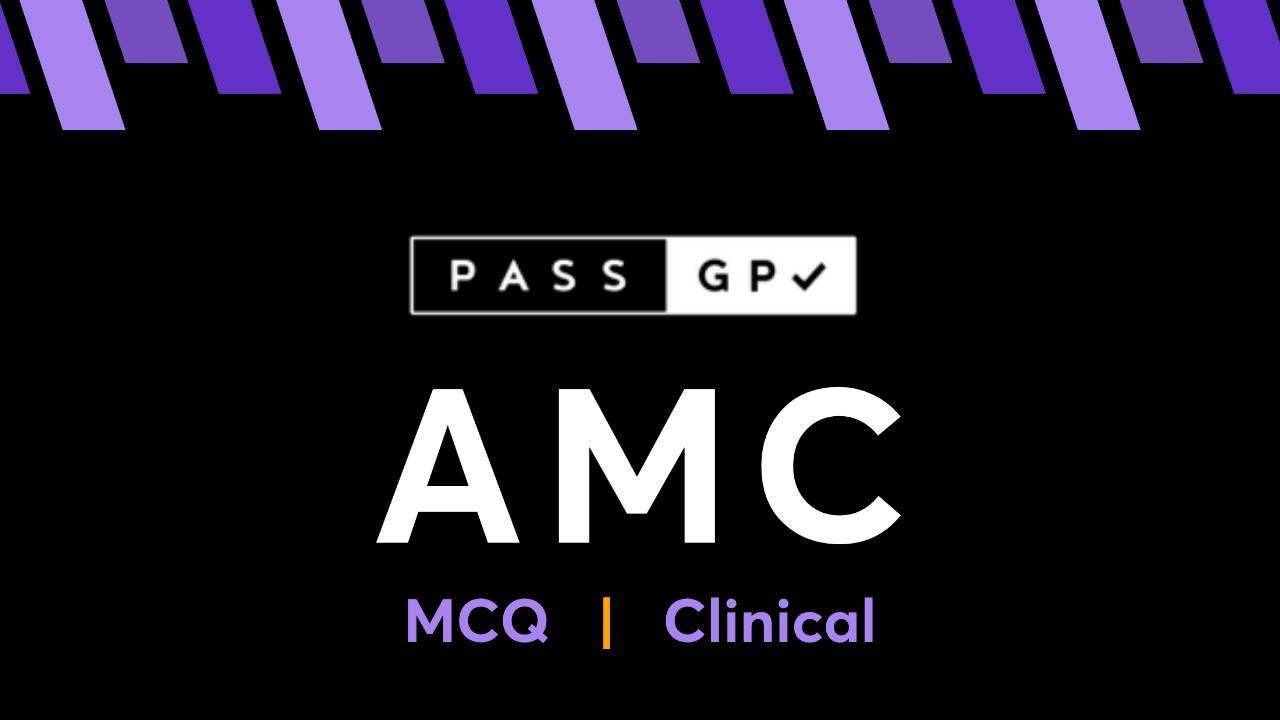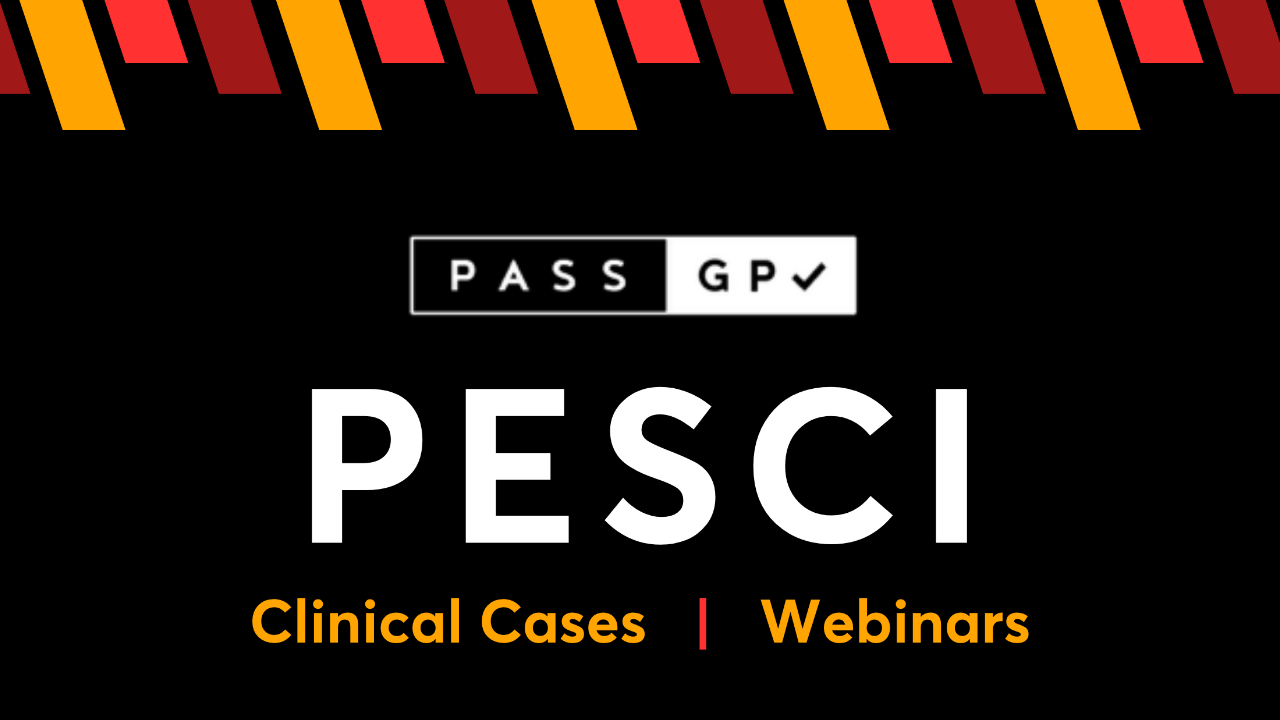Flashcards vs long notes; improving recall for clinical exams
Nov 20, 2025
For many doctors preparing for Australian medical assessments, the instinct is to accumulate more notes; longer summaries; extensive reading lists; and dense guideline printouts. It feels productive; it feels thorough; and it mirrors how many clinicians were trained during medical school.
However, when preparing for time-pressured exams such as the AKT, KFP, CCE, AMC Clinical, AMC MCQ, PESCI and ACRRM StAMPS, long notes may create a disadvantage. The modern clinical candidate often faces limited study time; workplace demands; family responsibilities; and the cognitive fatigue that comes with balancing clinical work and high-stakes examination requirements.
This is where structured recall tools — particularly high-yield flashcards — outperform traditional long-form note writing.
Why Long Notes Struggle in High-Pressure Exam Environments
Long notes have three predictable limitations when used as the primary exam preparation tool.
- Passive review limits retention
Reading summaries or typed notes does not activate the cognitive pathways needed for rapid recall. Passive review creates familiarity; not availability. Examiners assess how quickly and clearly information is retrieved under pressure. - High cognitive load impairs clarity
Long notes accumulate excessive detail; references; and background information. Under pressure, this creates cognitive overload. Candidates struggle to filter what is essential; what is safe; and how to structure an answer. - Limited portability reduces consistency
Long notes are rarely carried around; meaning most study occurs in large, infrequent blocks. This limits opportunities for short, high-frequency reinforcement — the type that actually consolidates memory.
Why Flashcards Perform Better for Australian Exam Preparation
Flashcards shift study from passive reading to active retrieval; this is the central advantage that supports better exam performance across multiple assessment types.
- Active recall strengthens clinical reasoning
Flashcards require immediate retrieval of red flags; differentials; investigations; management steps; and clinical cues. This mirrors the exact cognitive process required in AKT stems; KFP reasoning steps; AMC Clinical stations; and PESCI justification questions. - Flashcards reduce overwhelm through concise, essential content
High-yield cards focus on what matters; not what is interesting. They reinforce red flags; initial investigations; guideline-based management; and essential thresholds. - Ideal for spaced learning and micro-revision
Flashcards integrate naturally into short daily windows — between consults; during commutes; in 5–10 minute breaks. This form of repetition strengthens memory without overwhelming candidates. - Superior for visual pattern recognition
Visual flashcards with ECGs; X-rays; imaging cues; dermatology photos and diagrams improve pattern recognition more effectively than long written summaries. - Better alignment with performance analytics
Performance data identifies weak areas; flashcards provide the rapid-recall tools to strengthen them. This creates a targeted; efficient; exam-aligned cycle.
How Flashcards Complement Exam Preparation Courses
Flashcards do not replace full preparation courses; they enhance them. The most effective study model combines:
- Performance analytics → identify weak areas
- Targeted flashcards → strengthen rapid recall
- Mock exams → practise application
- Examiner feedback → refine technique
- Short, repeated flashcard sessions → consolidate memory
This blended structure mirrors how high-performing candidates prepare for Fellowship and AMC exams.
AHPRA Relevance: Clear, Fast, Structured Recall
AHPRA’s performance framework emphasises:
- safe decision-making
- clear reasoning
- evidence-aligned management
- recognition of clinical risk
Flashcards support these competencies by reinforcing structured recall — improving clarity, speed and consistency under pressure.
Final Thoughts
Long notes have their place for deep reading; but they do not reliably build the fast, structured recall required in Australia’s major medical examinations. Flashcards provide a more efficient, clinically aligned method for time-poor clinicians; strengthening recall; reducing overwhelm; and supporting safer reasoning across AKT, KFP, AMC and PESCI pathways.







